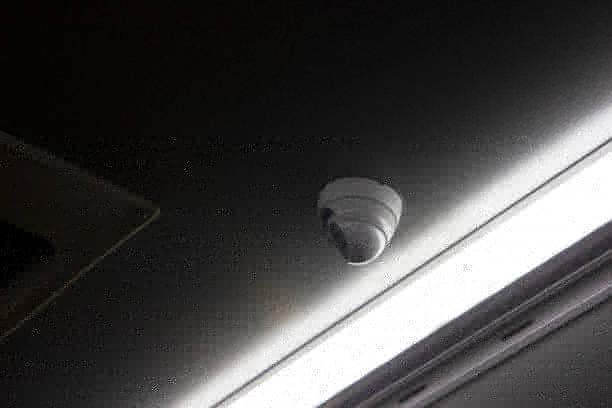The Six Most Important Things To Remember When Installing Cctv Cameras

Security cameras are one of the best inventions of technology. With an
increase in criminals and other gangs flocking the city, CCTV cameras can be of
a great help.
Although CCTV installations are most popular in offices and shops the last
few years have seen an rise in the number of home CCTV installations. Despite
their increasing popularity, many are still seeking advice regarding how to
install CCTV cameras. We suggest that you do not DIY it. Although it is possible
to set up a security camera system all by yourself, it can be quite
time-consuming. You are more likely to make mistakes when setting up an CCTV
system. This could lead to poor coverage, insufficient storage, and inadequate
control. Professionals will take care of the issues and ensure that you get the
most effective setup for your needs.
There are a few aspects you should take care of when you hire a professional
CCTV installation professional. Below, we've identified a few of the fundamental
important things you must consider when alarm system installation in your home
or office.
1. Insurance
It is essential to know which areas are most vulnerable and require
protection. The company that installs CCTV will assign an analyst to help
identify the best spot to place cameras to achieve the greatest coverage. The
expert can also help you determine the best location for the cameras to be
mounted as well as the area the camera should cover.
2. Different kinds of CCTV cameras
The most well-known wireless CCTV cameras today are those that can transmit
video. They do not require the need to install wires. These cameras are also
easy to operate. But they are not all security camera installation are created
equal. The traditional directional camera, often referred to as a bullet-camera
is usually fixed and pointing only in one direction. However dome cameras, which
are commonly found in malls and offices, have 360-degree coverage around them.
Cameras need to be chosen according to the type of coverage you require and the
kind of quality they offer.
3. Locations
This is connected to the earlier discussion concerning coverage. It is
essential to take into consideration areas that might be at risk. There are a
variety of cameras based on the location. Cameras that are placed outside your
garage's door will not be the same as an indoor one. This brings us to the next
aspect: Indoor coverage should not be neglected. The criminals and burglars are
becoming more adept at avoiding outdoor cameras. In fact, even the coverage of
the entire camera could be compromised by masked intruders. What they don't
expect is the indoor camera. You can save lots of hassle by placing a dome
camera indoors with low-light capabilities.
4. Declaration and Legality
It is a legal requirement you inform people that you're recording the
information. This is crucial for public spaces like shops or offices. In both
instances, signs stating that there are CCTV cameras installed will serve your
purpose. You must inform any workers coming to your house about an alarm system
installation. It is important to inform your maid or other guests that you would
like to monitor their behavior verbally. One thing to remember is that it is
absolutely illegal to install CCTV cameras in private areas like bathrooms. For
such offenses you can be sent to prison.
5. Permissions
You might require permission from the appropriate authorities based on the
area where you plan to install CCTV. It is an act of goodwill, even though it
isn't legally mandatory. If you're installing CCTV cameras outside of your house
or store, the chances are that they will cover a small portion of a neighbor's
property or store. Be sure to inform them and change the angle if you feel
uncomfortable. You should inform your local civic organization (e.g. RWA) before
installation. Home CCTV installation in apartment blocks usually requires
permission too.
6. Technical aspects
There are technical aspects that you need to know about the security systems you have. Make sure that the cameras you have are capable of recording HD video. Then, think about the other equipment you require. Most CCTV installation is accompanied by recording and storage equipment. Certain models also provide the option of cloud storage which is the storage of videos that were recorded online. Local storage can be done via a hard disk, like a laptop or computer. The distinction between the hard disk of a camera system and your laptop is that the camera on your hard drive is of larger capacity and is capable of operating continuously for a greater period. They do need to be replaced occasionally. You must decide the length of time you'll keep reordered video.
MaxSol Techs
0455 66 55 80
info@maxsol.com.au
Cranbourne, 3977 Victoria
Comments
Post a Comment